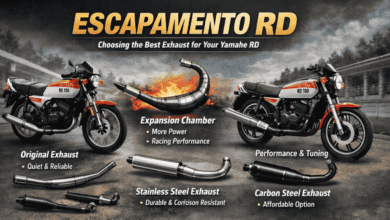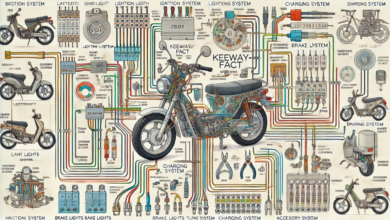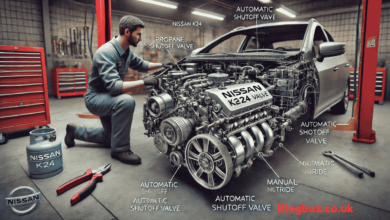How to Improve the Efficiency of Your Car

Are you looking to improve your vehicle’s efficiency? This is something many motorists are looking to do right now with the cost of living as well as people becoming increasingly eco-conscious. You should know that there are a few steps that you can take that could help you save money over the long term while reducing your environmental impact. Interested? Keep reading to find out how to make your car more efficient.
Adopt Fuel-Efficient Driving Habits
First, you should consider your driving habits, as these can significantly impact fuel efficiency. Implement smooth acceleration, maintain steady speeds, and anticipate traffic flow to reduce fuel consumption when driving. Avoiding excessive idling and unnecessary rapid acceleration can also contribute to better fuel efficiency.
Maintain Your Vehicle Regularly
Regular maintenance, such as timely oil changes, replacing air filters, and ensuring your spark plugs are in good condition, can help make sure that your engine is operating as efficiently as possible. Proper maintenance can prevent fuel inefficiencies while also helping you avoid costly repairs and extending the lifespan of your automobile.
Monitor Tyre Condition & Pressure
Keeping your tyres properly inflated reduces rolling resistance, which leads to improved fuel efficiency and tyre longevity. Regularly checking tyre pressure, especially during temperature changes, ensures optimal performance. It is always wise to check the pressure before any long journey. You can find the recommended pressure for your tyres in the car manual. If you’re in Aylesbury, consulting local Aylesbury tyre fitters can assist in maintaining your tyres’ condition.
Reduce Excess Weight & Drag
You should also look to remove excess weight and drag, both of which can negatively affect fuel efficiency. You can do this by removing any unnecessary items from the car and avoiding the use of roof racks.
Recent Developments in the UK Automotive Sector
In April 2025, the UK Government announced adjustments to the Zero Emission Vehicle (ZEV) mandate, easing sales targets and extending the sale of hybrid vehicles until 2035. These changes aim to support the automotive industry’s transition to zero-emission vehicles while addressing current market challenges. For motorists looking to significantly reduce their environmental impact while saving money, switching to an electric or hybrid is a smart move – there are currently many excellent models to choose from, and costs are coming down.
If you are looking to reduce your environmental impact and save money on fuel, like many motorists are doing in 2025, this post should prove to be useful. There are always proactive steps that can be taken to improve a vehicle’s efficiency, whether this is changing your driving habits, performing regular maintenance, monitoring the tyre condition, or reducing excess weight and drag. By combining these methods together, you might find that you save yourself a lot of money in the long run while also contributing to a greener future.




